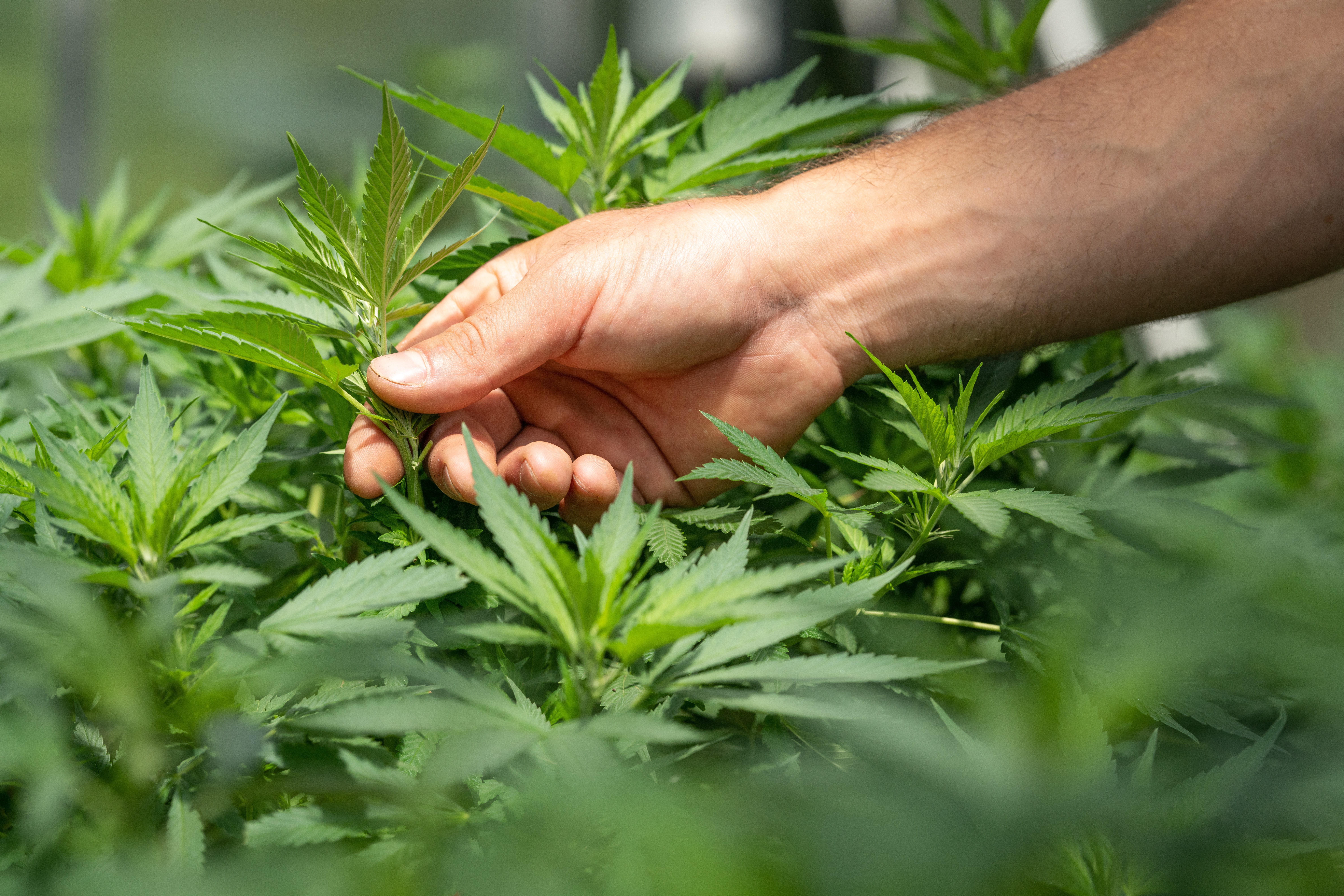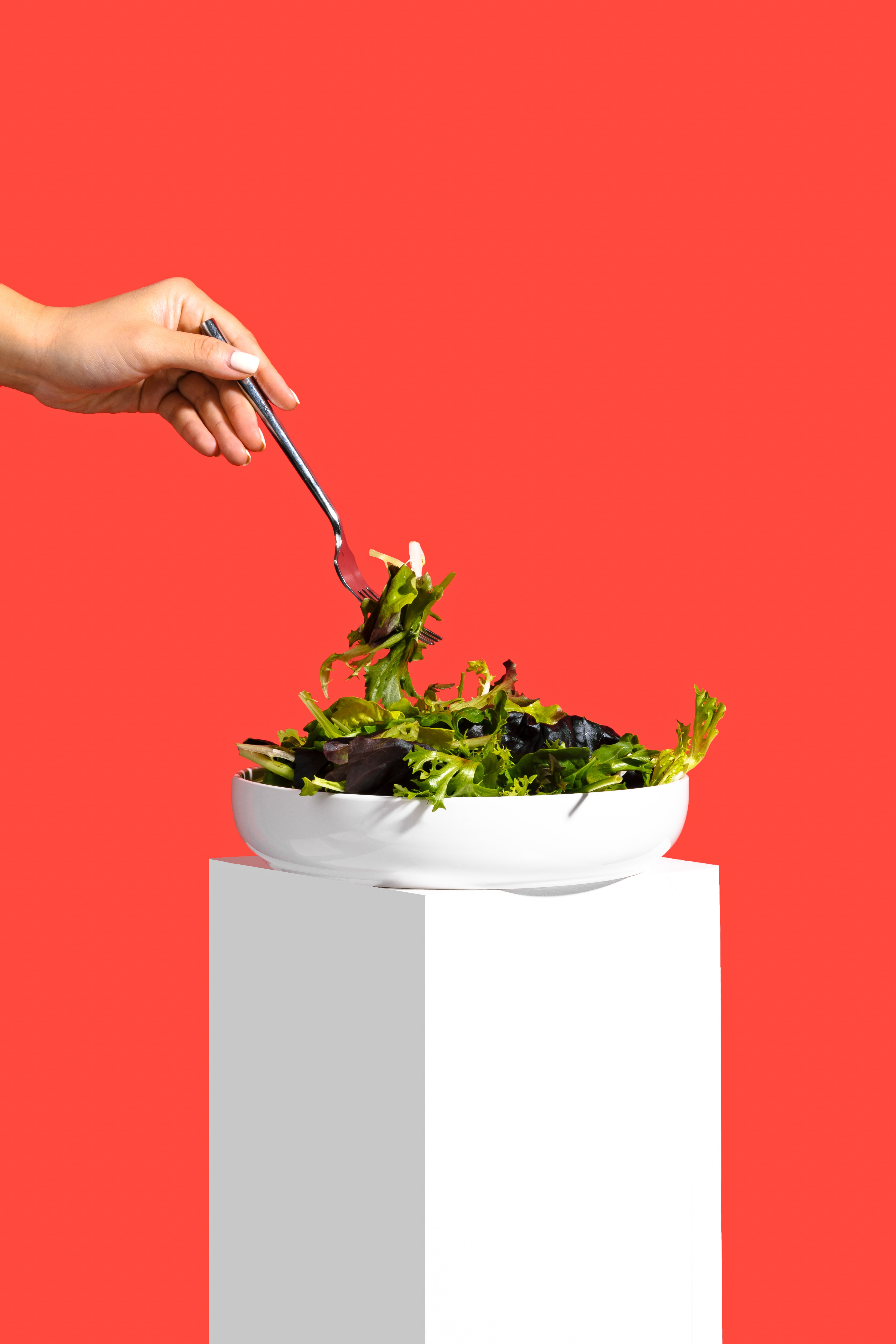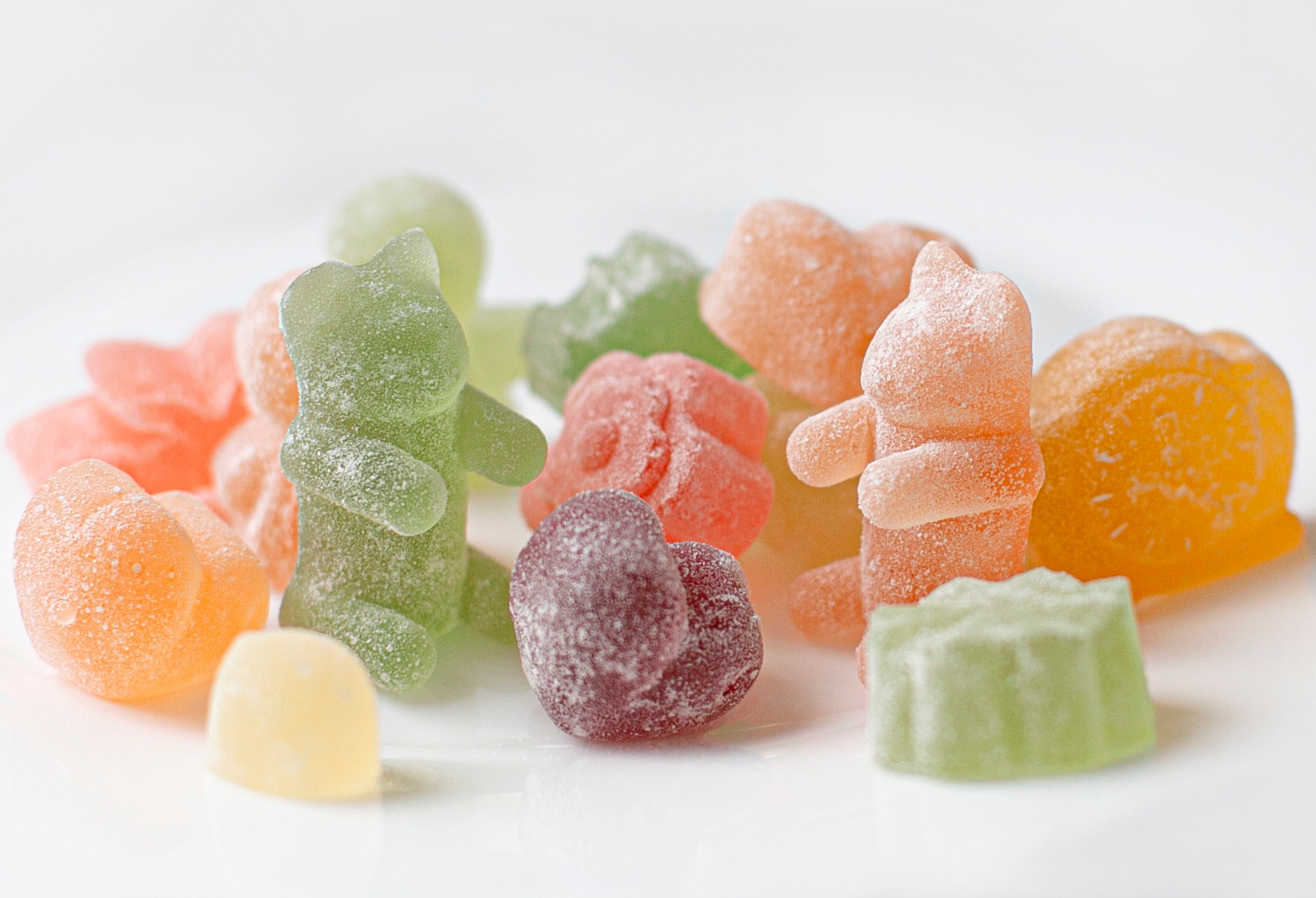We’ve all heard about the multitude of health benefits of CBD. But what about its lesser-known, but steadily rising cousin known as Delta 8? What are their similarities and differences? If you’re curious to know whether there are any medical benefits to be had from Delta 8, are they relevant for you? And more importantly, where do experts stand on Delta 8?
All these questions must be plaguing your mind. Don’t worry; we’ve done the study about Delta 8 and how it differs from CBD. Read on to learn more.
What is CBD?
First, let us define CBD. Better known by its acronym, cannabidiol is one of the many active compounds that could be extracted from the cannabis plant. More specifically, CBD comes from the hemp plant. And because of this, the euphoric side effect found in other cannabis strains is not present in CBD.
When it comes to the more popular and notorious cousin of the hemp plant, the marijuana plant, there is a slight chemical difference. CBD extracted from the hemp plant has very low THC levels or tetrahydrocannabinol, the chemical compound responsible for the euphoric effect. Meanwhile, the marijuana plant has higher levels of THC — up to 30 per cent, in fact — that makes it intoxicating.
The past few years have seen a steady rise of Delta 8 and Delta 9 THC. These two are variants of THC. Delta 9 is the compound responsible for the high consumers get from the marijuana plant. Delta 8, on the other hand, is the mellower version of Delta 9. It has the same therapeutic effects CBD has, and the intoxicating effect Delta 9 has.
What is Delta 8 THC?
Chemically speaking, there is very little difference between Delta 8 and Delta 9. However, this slight difference is enough to tell the two apart, especially in the effects they have on humans. Delta 8 keeps users calm and balanced, while Delta 9 consumers might find themselves anxious and paranoid while high.
As a cannabinoid, Delta 8 works in a basic way as CBD. It also binds to CB1 receptors in the brain. As a result, Delta 8 also gives off the same analgesic, appetite-stimulating, and neuroprotective properties that CBD has.
Health Benefits of Delta 8 THC
Because Delta 8 is also a cannabinoid, it also helps in the running of the endocannabinoid system. When it binds to key receptors in the central nervous system, Delta 8 could give off therapeutic effects. Below are some of the health benefits users could get from Delta 8:
- Inhibit Tumor Growth
A study has shown that an oral intake of Delta 8 had positive effects in preventing tumour growth in the lungs. After 12 days of observation, Delta 8 had prevented tumour growth of up to 60 per cent. The mice used in the study had shown an increase in their life span of up to 27 per cent.
This study suggests that there is a positive effect that comes including Delta 8 in cancer treatment plans. There are many anecdotal claims of how Delta 8 could also calm down nausea caused by cancer medications. There is a promising future to explore in using Delta 8 to help manage cancer symptoms.
- Manage Nausea and Vomiting
As mentioned in the previous section, Delta 8 has shown positive effects in managing nausea and vomiting like CBD. A study in the field of pediatric oncology has looked into the anti-vomiting effects of Delta 8. In its 480 proponents, vomiting was prevented entirely. The methodology used Delta 8 two hours before a round of chemotherapy and in intervals after 24 hours.
Nausea and vomiting had been the most violent symptoms most young patients deal with after chemotherapy. With this discovery, Delta 8 poses to be a possible supplement to cancer treatment plans.
- Increase Appetite
Stimulating appetite is also another effect of taking CBD. Its cousin, Delta 8, also has the same effects on its consumers. And when compared with Delta 9, Delta 8 exhibits less potency and more stimulating effects on appetite.
A study conducted on mice has observed an increase in appetite after a continuous treatment of Delta 8. For 50 days, mice were fed low doses of Delta 8 and increased appetite by 22 per cent compared to controlled samples.
- Reduce Anxiety
Several studies have cited an improvement in managing anxiety levels in its proponents after including Delta 8 in their treatment plans. Because it has the same euphoric effects as Delta 9, Delta 8 has proven to make its users more mellow and relaxed. One of the effects this has on a user is in reducing anxiety and stress significantly.
Usually, high levels of THC (Delta 9) could cause consumers to feel more anxious and paranoid. However, Delta 8 has a wide margin of allowance between its calm, euphoric effect and the next panic-inducing level of high. Even when administered at high doses, Delta 8 works without triggering anxiety.
- Improve Cognitive Functions
The same study that suggested Delta 8 stimulates appetite has also found positive effects of the compound in the cognitive functions of the mice. Delta 8 had helped increase activity in the studied mice. And to add to this, anecdotal evidence suggests that consumption of Delta 8 produces the same high as Delta 9, but with a clearer mind.
In a nutshell, the difference between Delta 8 and Delta 9 is that Delta 8 gives a calmer high to its consumers. These two are compounds that have immense health benefits, especially on more severe diseases. The only difference is that Delta 8 gives the euphoric and intoxicating effect that its sibling compound, Delta 9, has without the adverse side effects. If you place these three cannabinoids in a spectrum, Delta 8 occupies the sweet spots between CBD and Delta 9, with all the positive side effects of both.
If you are interested in trying Delta 8 in Canada, you can rest easy knowing the product is legal in all forms. All forms of Cannabis products are legal in the country, although regulated strictly. It is now available in the market as a distillate, which can be infused in vapes and edibles.
Now that you’ve learned the difference between CBD and Delta 8, you might want to know more about CBD. Check out this article on what we already know about CBD and what we still need to discover.





